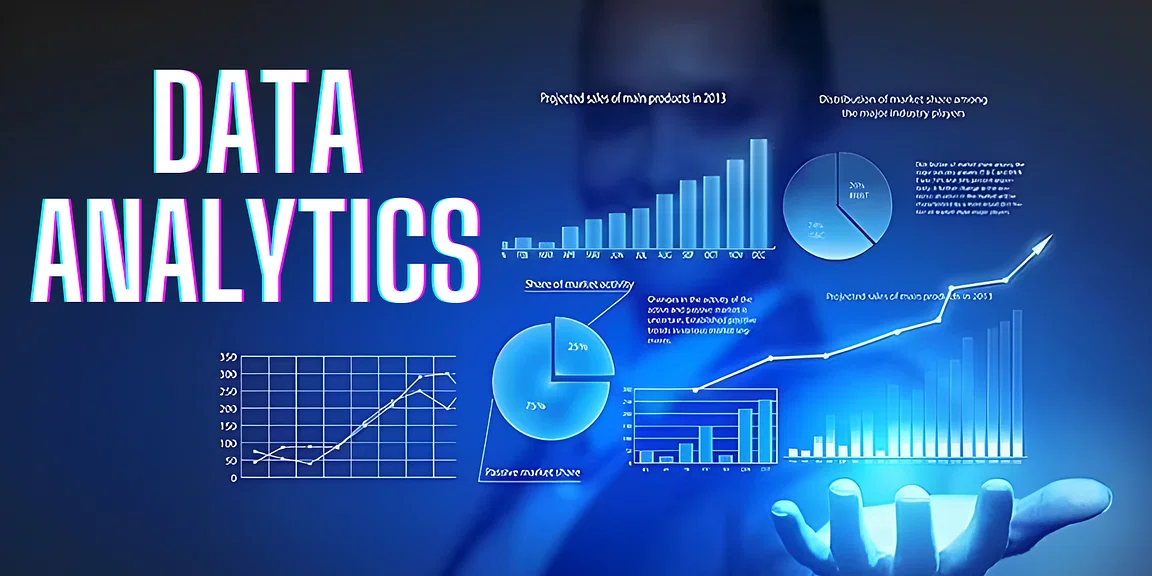The Role of Data Analytics in Shaping Business Decisions
Introduction:
In today’s competitive business environment, the influence of data analytics on decision-making has become increasingly significant. As organizations strive to gain a competitive edge, the ability to analyze vast amounts of data and extract actionable insights is paramount. Data analytics involves examining raw data to uncover trends, patterns, and correlations that can inform strategic decisions. This process empowers businesses to make data-driven choices rather than relying on intuition alone, leading to more informed and effective strategies.
The integration of data analytics into business practices has transformed the decision-making landscape. From optimizing operations to enhancing customer experiences, data analytics plays a crucial role in driving business growth. By leveraging advanced analytical tools and techniques, companies can not only understand their current performance but also predict future trends, mitigate risks, and identify opportunities for innovation. This dynamic approach to decision-making ensures that businesses remain agile and responsive in an ever-evolving market.
Understanding Data Analytics and Its Importance:
“Data analytics encompasses a range of methods used to interpret complex data sets. These methods include descriptive analytics, which focuses on summarizing past events; diagnostic analytics, which seeks to explain why something happened; predictive analytics, which forecasts future outcomes; and prescriptive analytics, which provides recommendations for actions. Each type of analytics serves a different purpose and contributes to a comprehensive understanding of business performance.
The importance of data analytics cannot be overstated. In an era where data is generated at an unprecedented rate, the ability to analyze and interpret this data is essential for staying competitive. Organizations that leverage data analytics can make more informed decisions, optimize operations, and enhance customer satisfaction. By uncovering hidden insights and trends, businesses can adapt to changing market conditions and make strategic adjustments to achieve their goals.” – Leo Baker, Chief Technology Officer at Vendorland
Enhancing Decision-Making Through Predictive Analytics:
Predictive analytics is a powerful tool that enables businesses to forecast future trends based on historical data. By using statistical models and machine learning algorithms, companies can predict outcomes and make proactive decisions. This forward-looking approach helps organizations anticipate potential challenges and opportunities, allowing them to adjust their strategies accordingly.
One of the key benefits of predictive analytics is its ability to improve accuracy in decision-making. By analyzing historical data and identifying patterns, businesses can make more reliable forecasts and reduce the uncertainty associated with future events. This proactive approach not only enhances strategic planning but also enables companies to allocate resources more effectively and respond to market changes with agility.
Leveraging Data Analytics for Customer Insights:
Understanding customer behavior and preferences is crucial for developing effective marketing strategies and improving customer experiences. Data analytics provides valuable insights into customer demographics, purchasing patterns, and feedback. By analyzing this data, businesses can gain a deeper understanding of their customers and tailor their offerings to meet their needs.
Customer insights derived from data analytics can drive targeted marketing campaigns, personalized product recommendations, and improved customer service. By leveraging these insights, businesses can enhance customer satisfaction and loyalty, ultimately leading to increased sales and revenue. The ability to respond to customer needs and preferences in a data-driven manner sets businesses apart from their competitors and fosters long-term success.
Data Analytics in Driving Innovation:
Innovation is a key driver of growth and competitiveness in today’s business world. Data analytics plays a crucial role in fostering innovation by providing valuable insights that can inspire new ideas and solutions. By analyzing data from various sources, businesses can identify emerging trends, uncover unmet needs, and explore new opportunities for innovation.
Data-driven insights can guide the development of new products and services, improve existing offerings, and enhance overall business strategies. Through the application of data analytics, companies can better understand market demands, optimize their innovation processes, and stay ahead of the competition. Embracing data analytics as a tool for innovation helps organizations remain agile and responsive to changing market conditions, ultimately driving long-term success.
The Impact of Data Analytics on Operational Efficiency:
“Operational efficiency is a critical factor in achieving business success. Data analytics can significantly improve operational processes by identifying inefficiencies, streamlining workflows, and optimizing resource allocation. By analyzing operational data, companies can uncover areas for improvement and implement data-driven solutions to enhance productivity.
For example, data analytics can be used to monitor supply chain performance, optimize inventory levels, and improve manufacturing processes. By leveraging real-time data and advanced analytical techniques, businesses can make more informed decisions and implement strategies that drive operational excellence. This results in cost savings, increased efficiency, and a more agile organization capable of adapting to changing market conditions.” – Tal Holtzer, CEO of VPS Server
Conclusion:
The role of data analytics in shaping business decisions is increasingly vital in the modern business landscape. By harnessing the power of data, organizations can make more informed decisions, optimize operations, and enhance customer experiences. Predictive analytics, customer insights, and operational efficiency are just a few areas where data analytics has a profound impact.
As businesses continue to generate and collect vast amounts of data, the ability to analyze and interpret this data will remain a critical factor in achieving success. Companies that embrace data analytics and integrate it into their decision-making processes will be better equipped to navigate the complexities of the market and drive sustainable growth. The ongoing advancements in data analytics technology and techniques promise to further enhance the capabilities of organizations, ensuring that data-driven decision-making remains at the forefront of business strategy.



